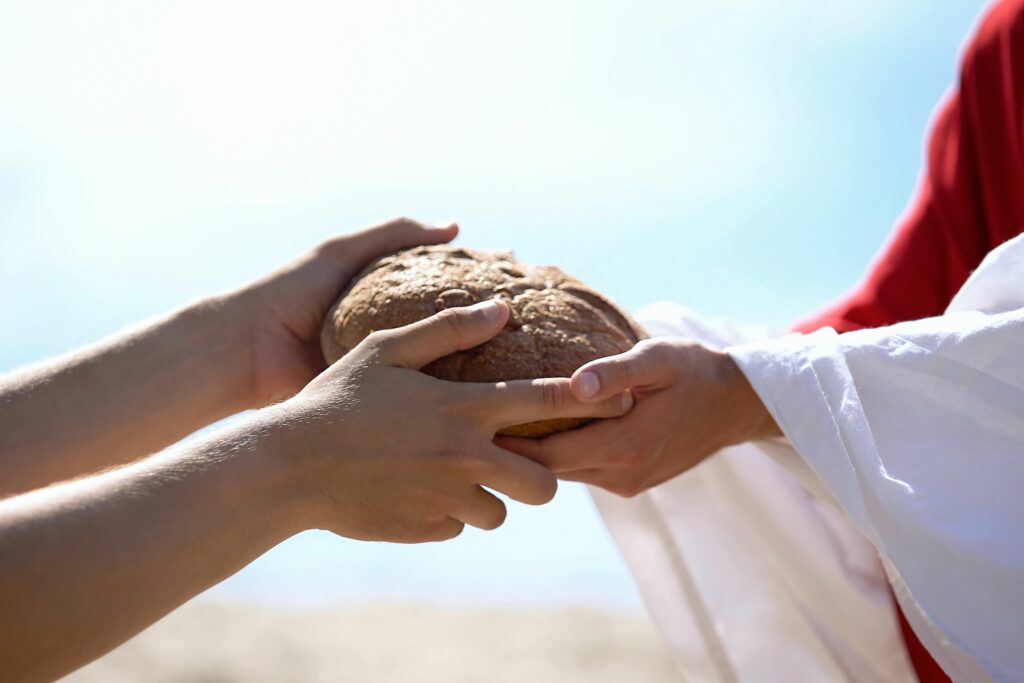The lack of gratitude can create some really unnecessary hurt, misunderstanding and disconnects. There have been more than a few occasions when I didn’t say “thank you” and I was offensive. Sometimes I’ve forgotten to say thanks because I was swamped with work and neglected to take the time to be thoughtful. I’ve also skipped out on expressing gratitude occasionally when I’m angry or cranky. I’ve missed saying “thanks” just out of sheer oblivion – my mind and focus were totally absorbed somewhere else, and I just plain overlooked a customary civility.
Nevertheless, I’ve come to learn that when I don’t say “thank you,” my lack of communication can create some unpleasant results. When I don’t express gratitude, I run the risk of hurting someone and I don’t want to be a hurtful person. I also learned that when I fail to communicate my thanks, it can be an indication that my thoughts and feelings could be in a scarcity swamp that’s distorting my perceptions and possible reality. I know that when I think there’s a lack of something (time, money, attention, etc.), I usually overlook being thankful.
If you think about it, the scarcity swamp is where Jesus’ disciples were in Matthew 15:33, when they replied to Jesus’ observation about feeding more than 4,000 people. Jesus’ disciples answered Him, “Where would we get so many loaves in this desolate place to satisfy such a large crowd?” Translation: we don’t have enough. In reply to the disciple’s scarcity answer, Jesus asks them what they do have (rather than the size of the crowd, where they were already focused). Upon learning about the seven loaves and few small fish, Jesus gave some simple directions to manage the huge crowd and then He gave thanks for the resources that He has.
After giving thanks, Jesus proceeds to break the bread and fish. He had His disciples distribute what He gave them, and He continued to give them for distribution. Jesus kept multiplying the fish and bread without stopping the abundance of leftovers far surpassed the thousands of hungry stomachs at the beginning of this challenge. I’d suggest that the catalyst for this multiplication miracle was Jesus’ gratitude.
This is an incredibly powerful lesson to us, particularly in this time of economic downturn and hardship. The price of gas has skyrocketed, inflation is growing, living expenses have drastically increased and our paychecks don’t go as far as they did in the past. In light of these struggles, we might find ourselves having the same mindset as Jesus’ disciples. How can we have enough resources (time, money, energy, etc.) to meet the demands that confront us so loudly or frequently?
We might find ourselves thinking, “There are too many bills and not enough money to take care of these bills. There’s too much work and I don’t have enough time.” Jesus’ disciples basically said something similar, “There are too many people and not enough food for all these people!” Scarcity isn’t a new human experience.
However, Jesus’ words of gratitude can give us a divine answer for lack. In our lives, we can choose to either curse the deficiency or be thankful for the resources that we have. Being ungrateful can keep us in the scarcity swamp or we could choose to be thankful and possibly experience a multiplication miracle. Let’s choose to be grateful not just because it’s Thanksgiving, but because that’s a central value and lifestyle that we celebrate!



